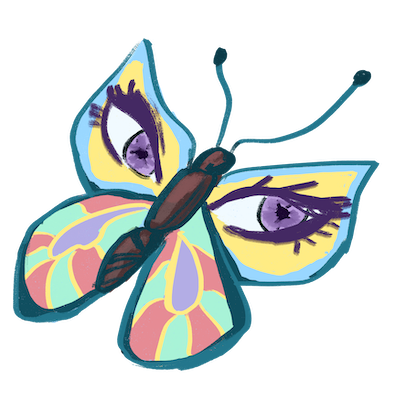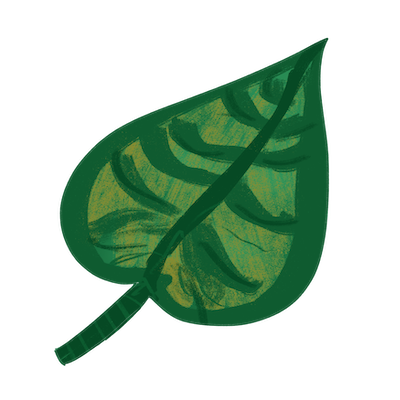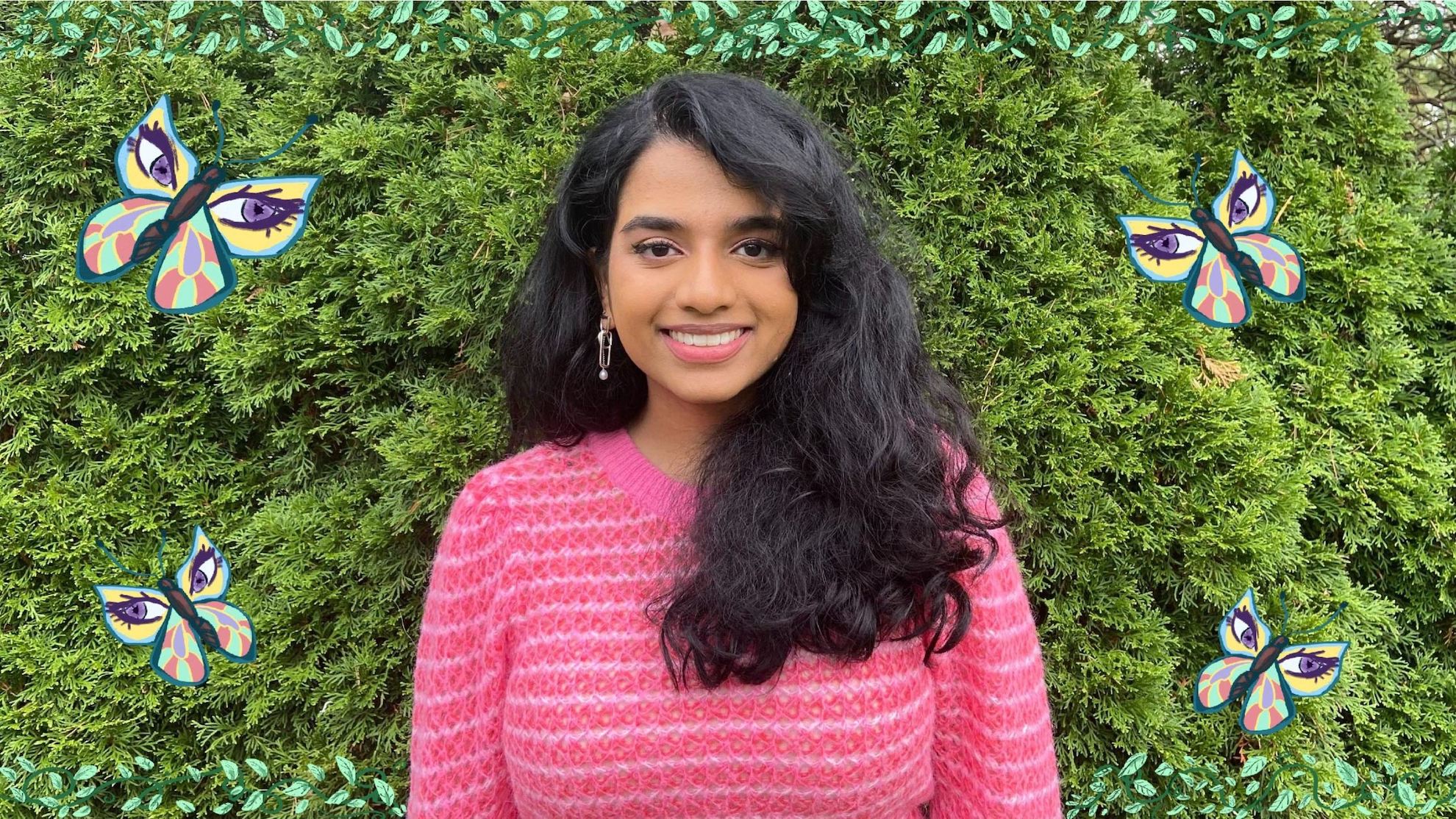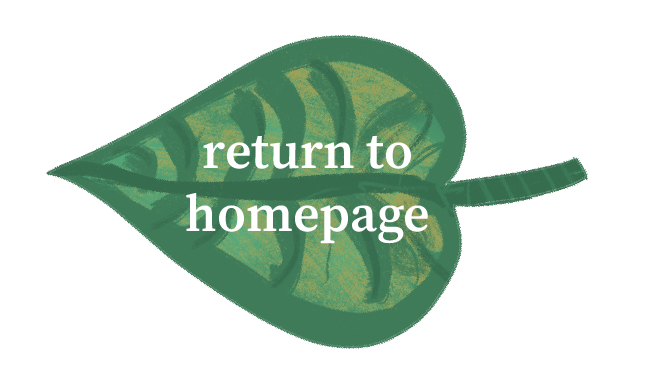I applied for my high school’s environmental council in June at the end of Grade 9. During the interview, I
was asked whether I’d be comfortable handling worms, as the council operated a worm composting bin. I knew
about the bin and I wanted to be on the council, so I said yes, I’m comfortable handling worms.
We all returned to school in September and attended the first Monday meeting of the year, where the
president informed us that no one had thought about the composting bin for the entire summer. The worms had
all dry roasted in the sun.
This announcement was fairly tragic. Perhaps the worms had grown to enjoy their little bin, after the
initial discomfort wore off. The compost was likely a cushion-y wonderland in which they could bury their
nubbin heads and have the odd nibble on an orange rind scrap. When the soil started to feel increasingly
coarse, they wouldn’t have thought much of it, because worms don’t think much about anything. They probably
didn’t even recognize these sensations as symptomatic of oncoming death.
I genuinely felt sad for the worms that day, but pity wasn’t the full extent of my emotions. Because the
reality is, I’m not actually that comfortable handling worms. And although I never would have wished death
upon them, I did feel extraordinarily lucky in that moment. There was a lot of talk in the following two
years about getting another bin for the council, but I ended up quitting before those plans came to
fruition.
If you think about it hard enough, you’ll realize this story is actually an analogy for climate change. All
stories about humans and nature become stories about climate change if you think about it hard enough. The
three of us are intertwined in a twisted love triangle that largely consists of human snootiness directed
towards the other two participants.

I, like many other ignorant people, have convinced myself that I’m part of the greatest species on Earth,
far above every other. We all live in constant delusion, invested in a pseudo-distinction of human
superiority. Even in my school’s environmental council, worms were clearly expendable—so much so that we
were willing to sacrifice a whole new colony at the altar of our resumes. However, the very ways we function
and the essence of who we are contradict this hierarchical perspective.
Humans are fundamentally part of nature, and nature is what makes us human. We are just as much creatures of
the environment as the animals we hold dear as emotional crutches and the succulents we grow to refresh our
homes and energy. This relationship isn’t one-sided; when humans imbue flowers with deep symbolism and make
the forest our refuge from the nine to five capitalist hellscape, we take the world that shapes us and
impose our own collective meanings onto it.
Before I started working with the incredible writers in this issue, I knew it would be absurd to create
abstract satirical takes on humans and the environment without considering the millions whose lives are most
directly and disproportionately affected by climate change every day. Ultimately, this issue is a response
to what largely motivates lethargy or indifference toward the Earth in the West: the increasing disconnect
between humans and nature. The planet itself has become expendable—a necessary sacrifice to make every
aspect of our lives, both personal and commercial, as “easy” as possible.

We’ve stubbornly inched our way towards creating an almost imperceptible difference;
from doing whatever we want because we don’t care what happens to Earth, to doing whatever we want because
the planet will eventually implode and kill us all anyway. As we burrow ourselves deeper into this view, we
adopt a logic of extremes that’s morally dubious at best and inhumane at worst. To give up on nature is to
give up on human beings and humanity itself. We lose ourselves when we forgo our responsibility to the
Earth.
This issue isn’t intended to indulge your comfortable hopelessness about the world’s future. As has become
abundantly clear in recent years, a resigned mindset only serves the people who can literally afford to
assume a position of nonchalance about the state of the planet. Instead of enabling pessimism,
Human
Nature is an exploration of the varied ways human beings are intrinsically tied to the natural
world: physically, emotionally and spiritually. Our relationship is simultaneously exploitative and hopeful,
ignorant and imaginative. It's a connection that begins the moment we are born and continues long after our
death, as we gradually decay into worm food.
I suppose global warming and bodily decomposition aren’t the most hilarious concepts to think about, but if
all journalists will inevitably become climate reporters, all satirists may be doomed to the same fate. But
at least we can have a laugh about it.


 I, like many other ignorant people, have convinced myself that I’m part of the greatest species on Earth,
far above every other. We all live in constant delusion, invested in a pseudo-distinction of human
superiority. Even in my school’s environmental council, worms were clearly expendable—so much so that we
were willing to sacrifice a whole new colony at the altar of our resumes. However, the very ways we function
and the essence of who we are contradict this hierarchical perspective.
I, like many other ignorant people, have convinced myself that I’m part of the greatest species on Earth,
far above every other. We all live in constant delusion, invested in a pseudo-distinction of human
superiority. Even in my school’s environmental council, worms were clearly expendable—so much so that we
were willing to sacrifice a whole new colony at the altar of our resumes. However, the very ways we function
and the essence of who we are contradict this hierarchical perspective.
 We’ve stubbornly inched our way towards creating an almost imperceptible difference;
from doing whatever we want because we don’t care what happens to Earth, to doing whatever we want because
the planet will eventually implode and kill us all anyway. As we burrow ourselves deeper into this view, we
adopt a logic of extremes that’s morally dubious at best and inhumane at worst. To give up on nature is to
give up on human beings and humanity itself. We lose ourselves when we forgo our responsibility to the
Earth.
We’ve stubbornly inched our way towards creating an almost imperceptible difference;
from doing whatever we want because we don’t care what happens to Earth, to doing whatever we want because
the planet will eventually implode and kill us all anyway. As we burrow ourselves deeper into this view, we
adopt a logic of extremes that’s morally dubious at best and inhumane at worst. To give up on nature is to
give up on human beings and humanity itself. We lose ourselves when we forgo our responsibility to the
Earth.
